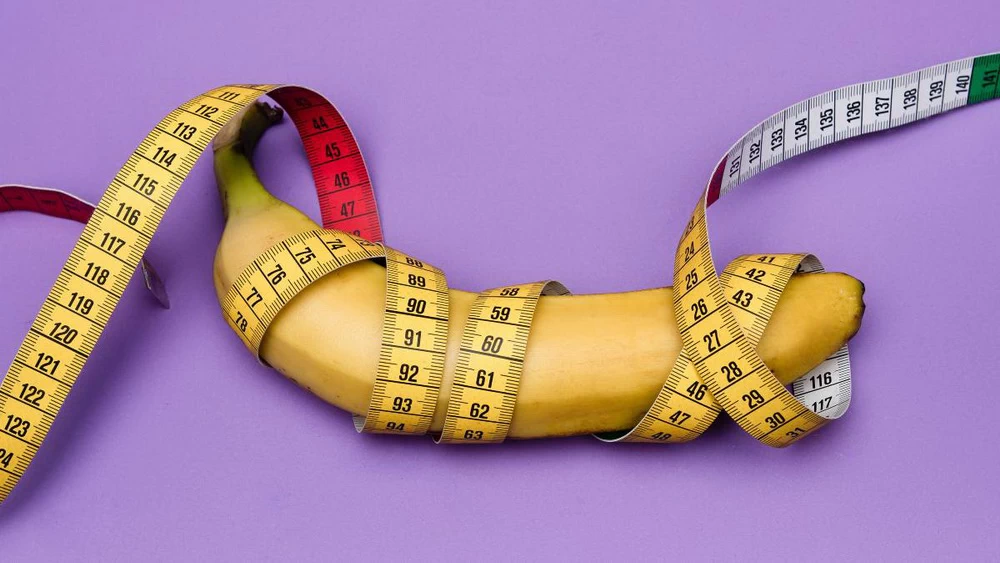Subtotal $0.00
Table of Contents
In today’s image-conscious society, perceptions of body image can significantly impact mental health and self-esteem. Among men, concerns about penis size can lead to feelings of inadequacy and low self-worth. This article delves into the psychological aspects and the impact of penis enlargement on self-esteem, examining how these procedures influence mental well-being and self-confidence.
The Role of Body Image in Self-Esteem
Body image refers to an individual’s perception of their physical appearance. For many men, penis size becomes a focal point of body image concerns, often driven by cultural, social, and media influences. These perceptions can profoundly affect self-esteem, leading to feelings of:
- Inadequacy: Believing that one’s body does not meet societal or personal standards.
- Anxiety: Worrying about being judged or ridiculed by others.
- Depression: Experiencing persistent sadness and low mood due to body dissatisfaction.
Psychological Impact of Penis Size Concerns
Men who are dissatisfied with their penis size may experience various psychological issues, including:
- Low Self-Esteem: Feeling unworthy or less valuable due to perceived physical shortcomings.
- Social Anxiety: Avoiding social interactions or intimate relationships due to fear of judgment.
- Sexual Dysfunction: Experiencing performance anxiety, erectile dysfunction, or reduced sexual satisfaction.
Penis Enlargement: A Solution or a Risk?
Penis enlargement procedures, ranging from non-surgical methods like pills and pumps to surgical interventions, are often marketed as solutions to these concerns. However, the impact of these procedures on self-esteem and psychological well-being can be complex.
- Temporary Boost in Confidence:
- Some men report a temporary increase in self-confidence following penis enlargement procedures, primarily due to the belief that they have taken control of their body image concerns.
- Long-Term Psychological Effects:
- The long-term impact on self-esteem can be mixed. For some, the perceived improvement in appearance leads to sustained self-confidence and reduced anxiety. For others, dissatisfaction may persist, especially if the results do not meet expectations.
- Risk of Psychological Harm:
- Unmet Expectations: When results do not align with expectations, feelings of disappointment and low self-esteem can intensify.
- Body Dysmorphic Disorder (BDD): Men with BDD, a condition characterized by obsessive focus on perceived physical flaws, may experience worsening symptoms following penis enlargement procedures.

Addressing Psychological Aspects Without Surgery
Improving self-esteem and addressing body image concerns do not always require surgical intervention. Consider these strategies:
- Therapy and Counseling:
- Cognitive-behavioral therapy (CBT) and other therapeutic approaches can help men develop a healthier body image and improve self-esteem.
- Support Groups:
- Sharing experiences with others facing similar concerns can provide emotional support and reduce feelings of isolation.
- Focus on Overall Health:
- Adopting a healthy lifestyle, including regular exercise and a balanced diet, can enhance overall well-being and body confidence.
- Mindfulness and Self-Acceptance:
- Practicing mindfulness and self-acceptance techniques can foster a positive relationship with one’s body and reduce the impact of societal pressures.
Conclusion
Understanding the psychological aspects and the impact of penis enlargement on self-esteem is crucial for making informed decisions about these procedures. While penis enlargement may offer a temporary boost in confidence for some, it is essential to address underlying psychological issues through therapy, support, and self-acceptance. By focusing on overall mental and physical health, men can achieve a more balanced and fulfilling sense of self-esteem, irrespective of body size. Prioritizing mental health and well-being is the key to long-lasting self-confidence and a positive body image.





